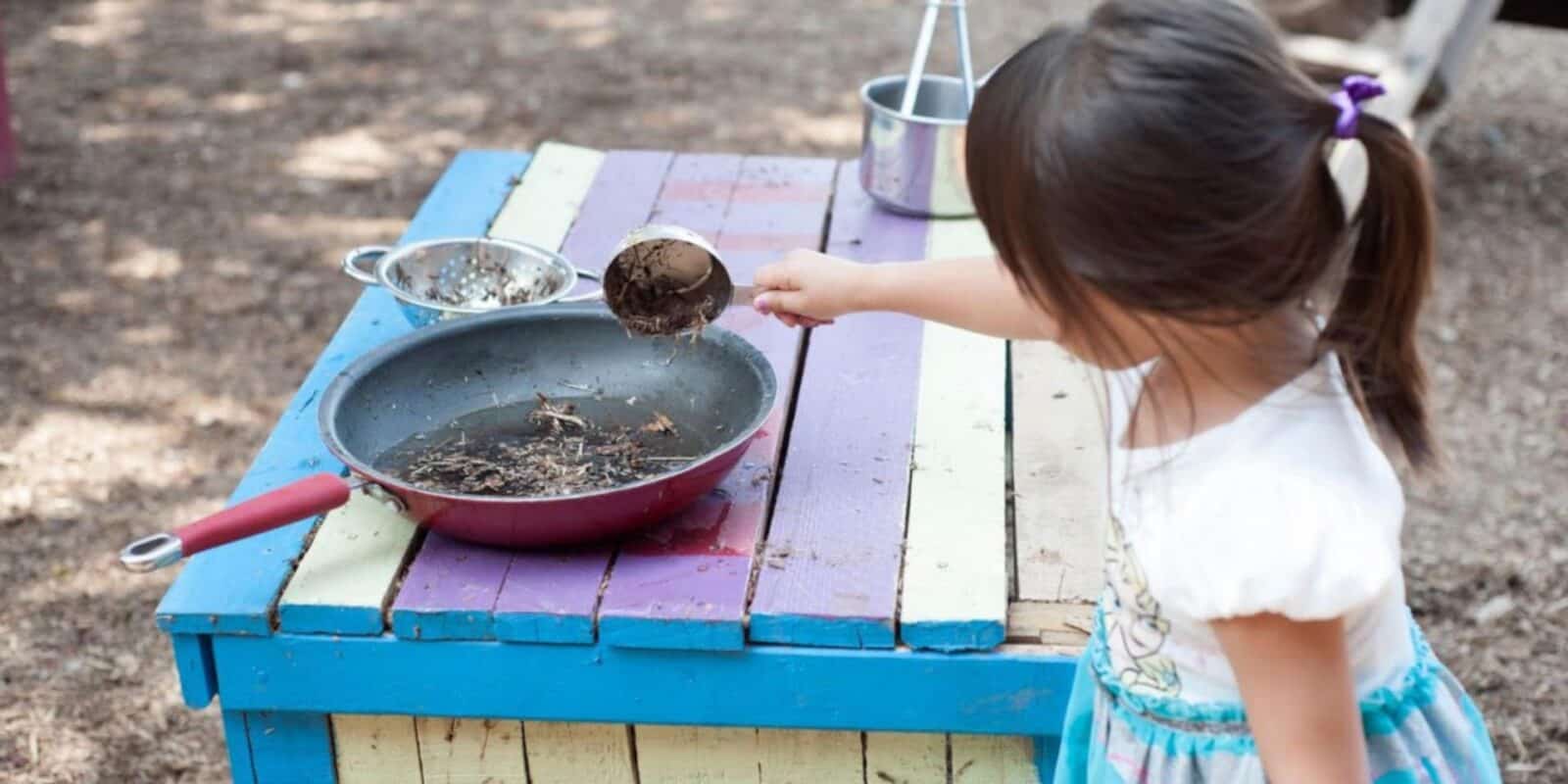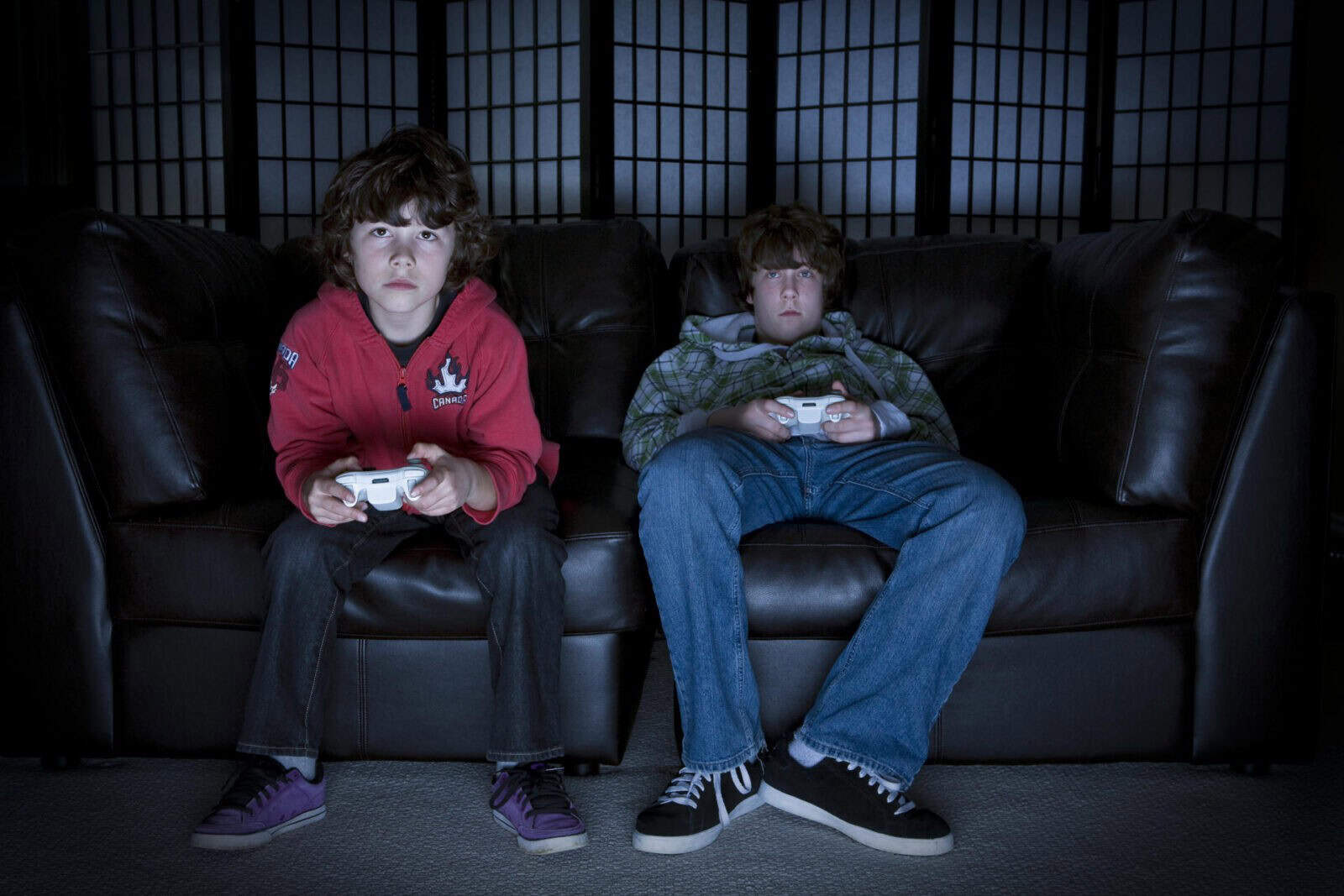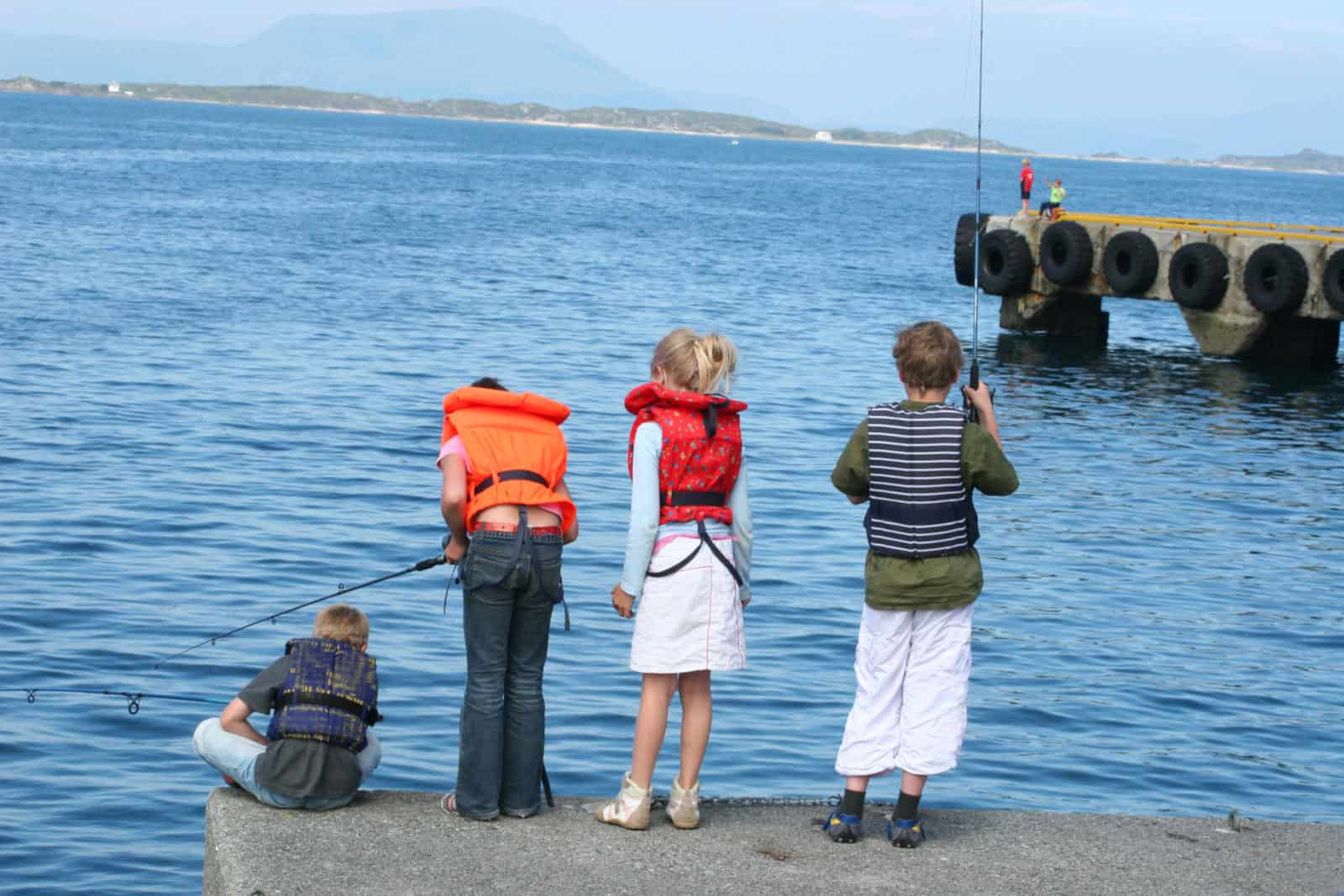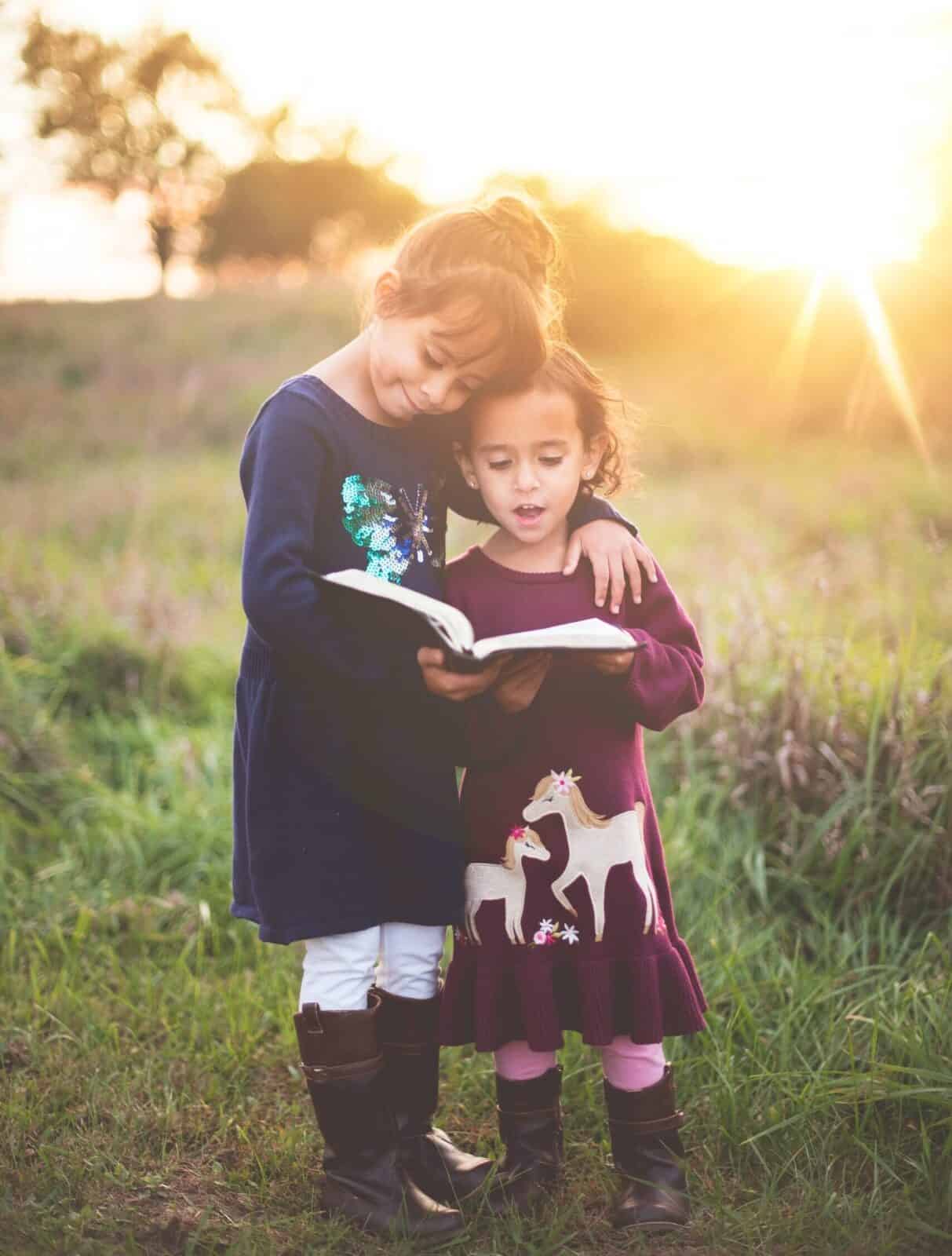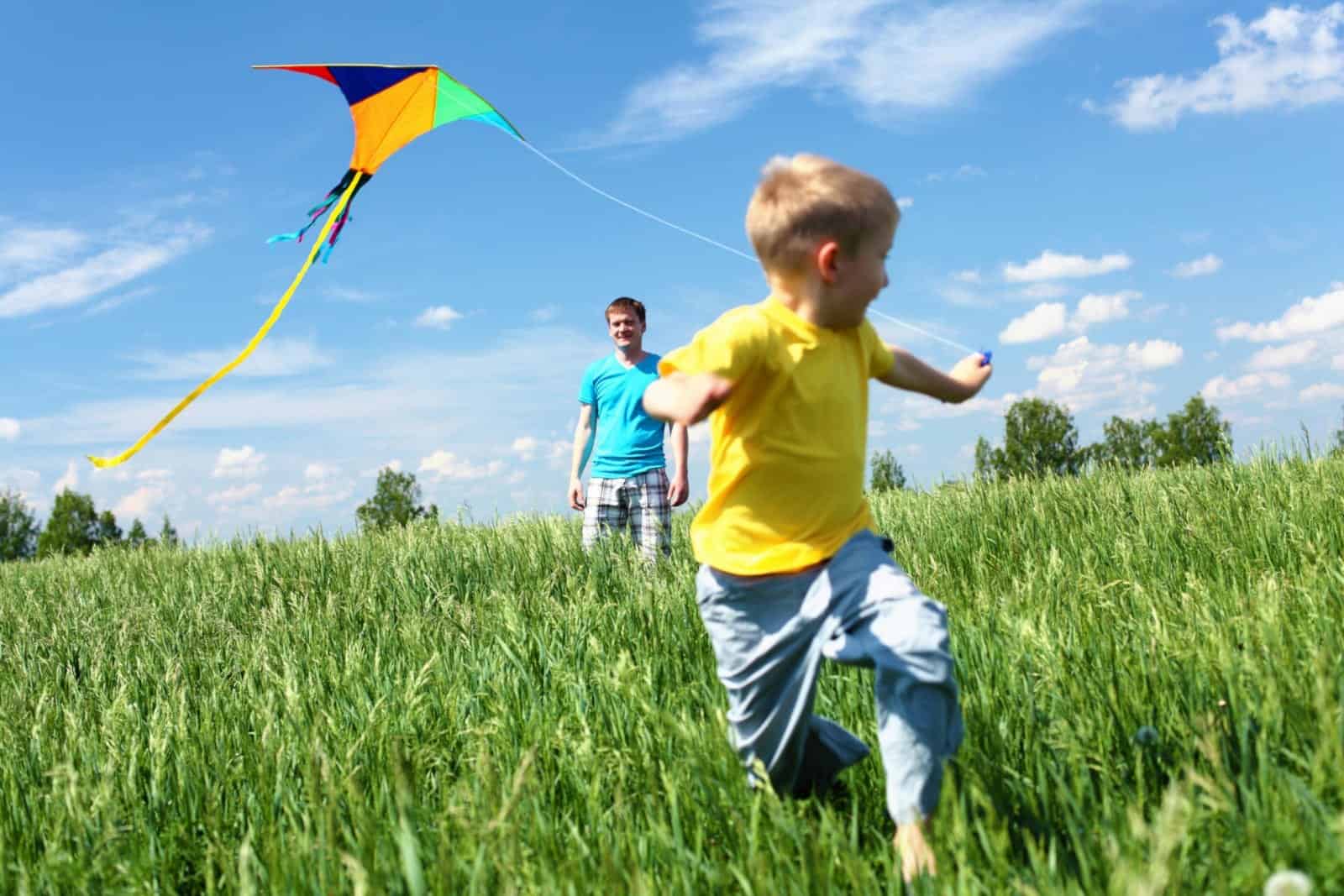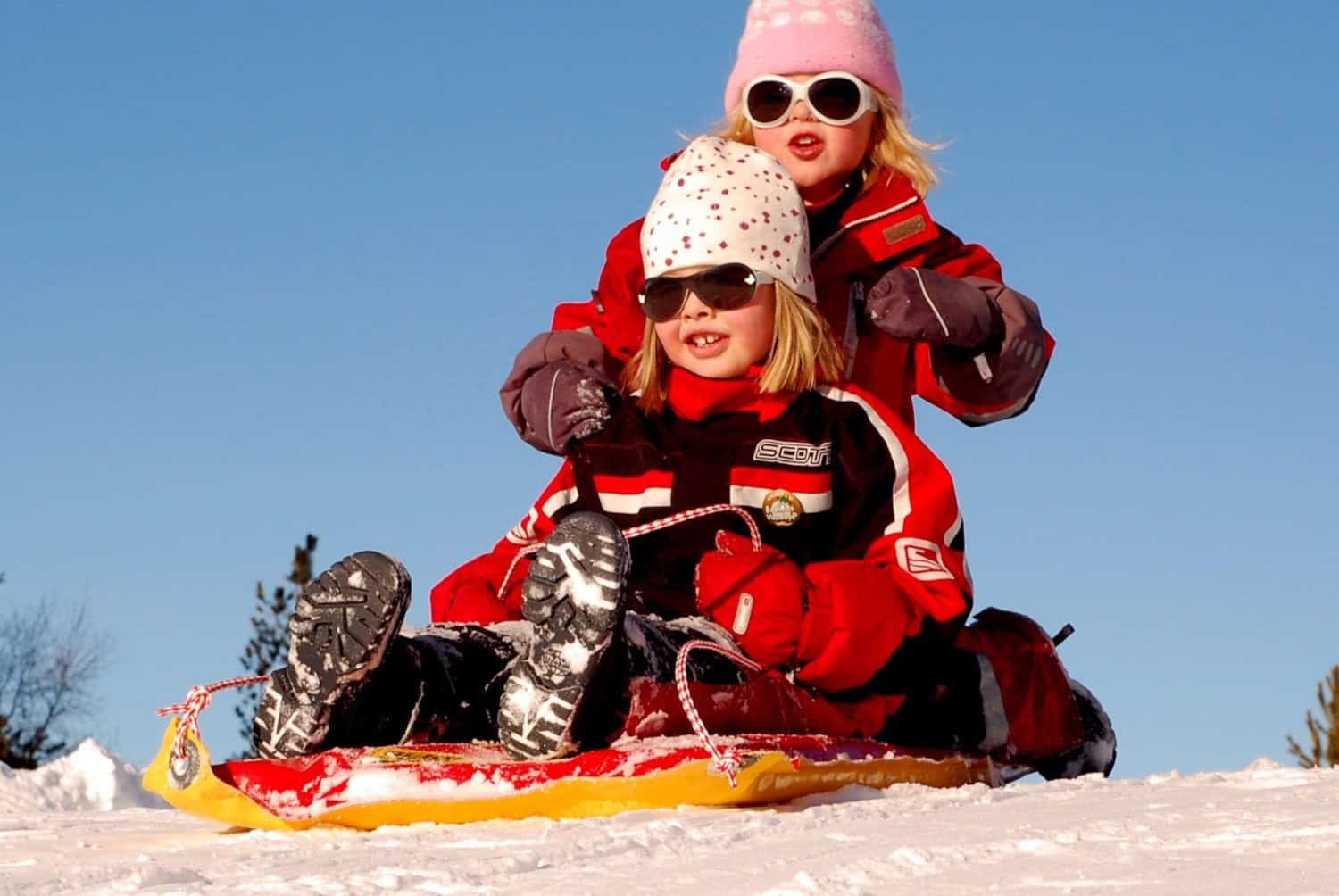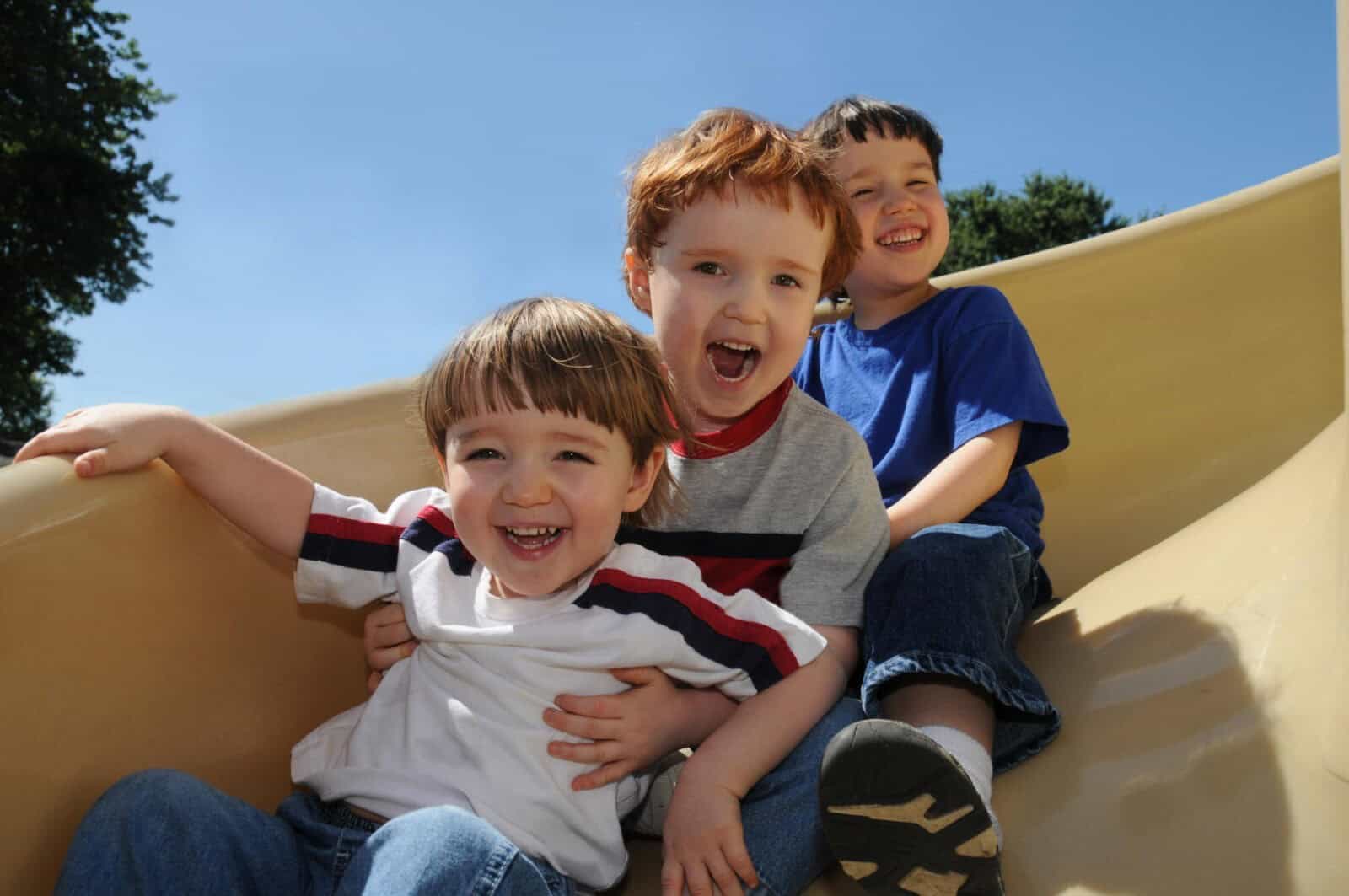Lawson Foundation releases discussion paper on ‘Advancing Outdoor Play and Early Childhood Education’
The Lawson Foundation is a National family foundation which focuses on the healthy development of children and youth. One of their major goals is to support children’s access and opportunity to connect and play in nature. In October 2018, the Lawson Foundation brought together 125 experts and leaders from various sectors at the Outdoor Play and Early...


